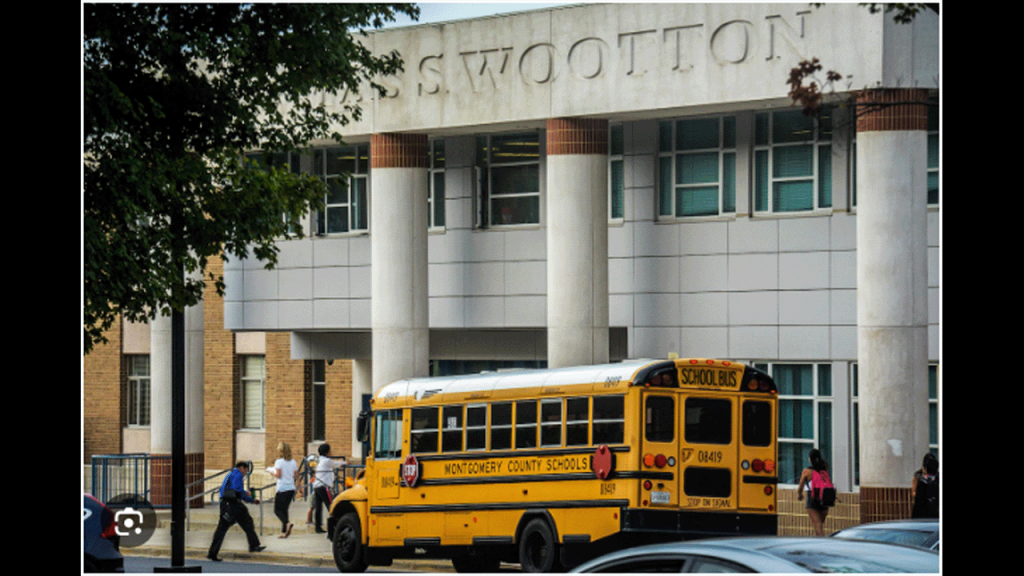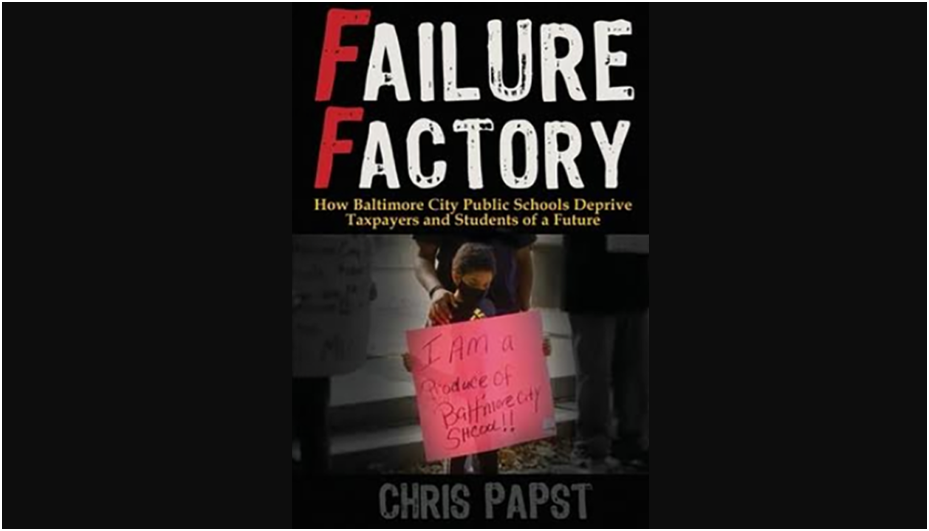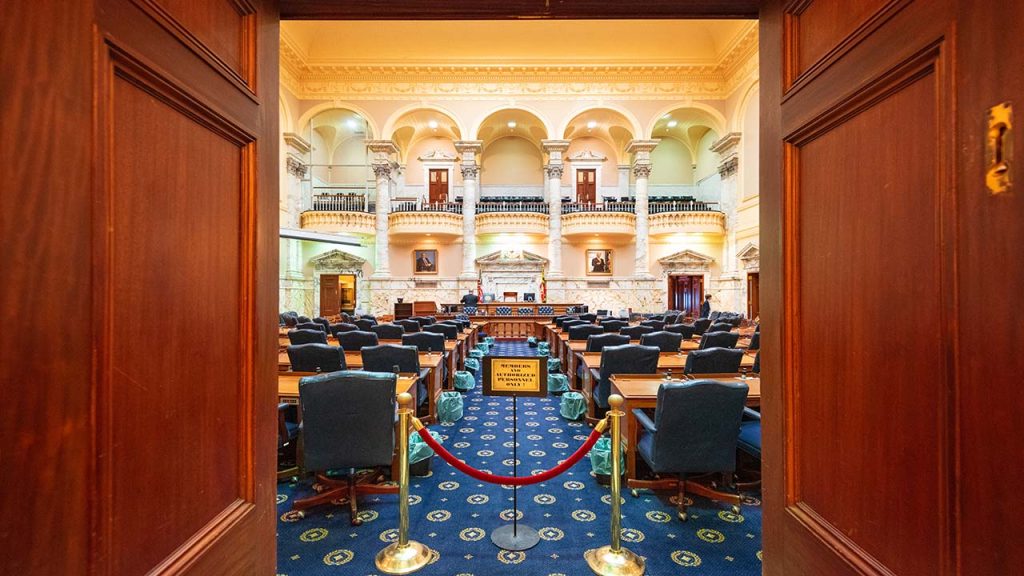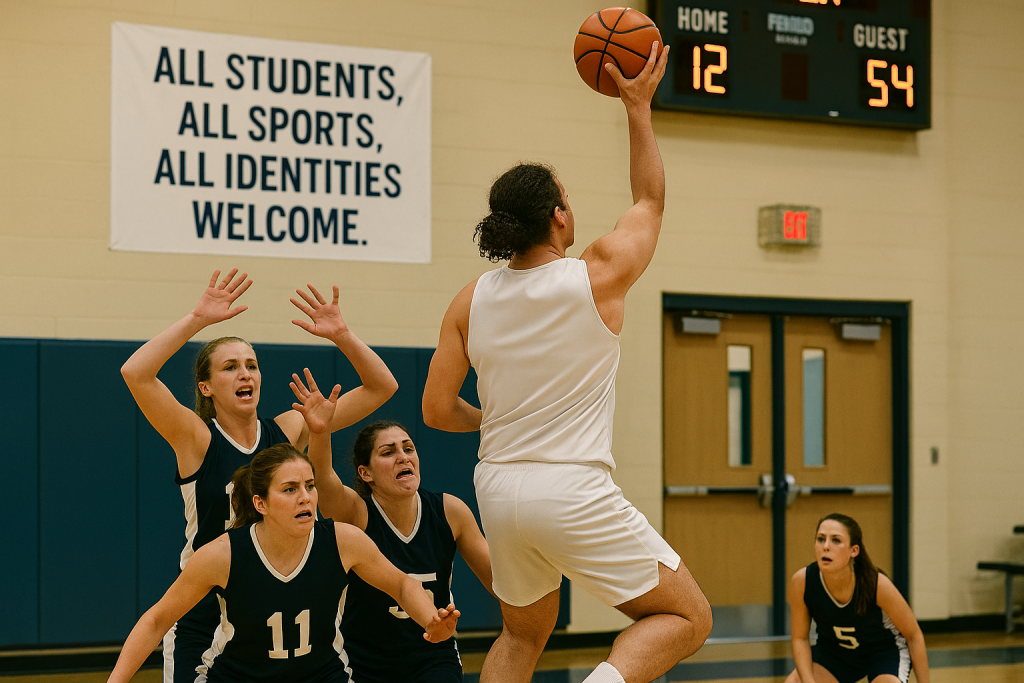
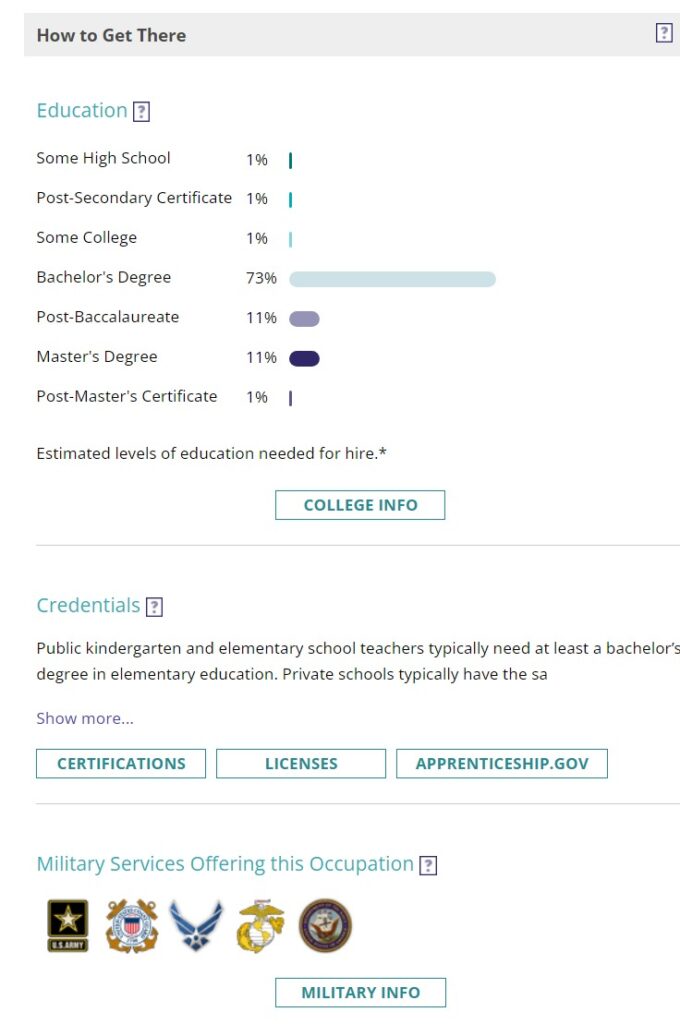
What Is Career Planning for High School Students?
Career planning for teenagers is a process that guides them toward a career path and empowers them to shape their lives in a meaningful and fulfilling way. It can’t be done in a single month during senior year. It should happen throughout high school, so teens have ample time to engage in deep discovery, comprehensive exploration, and meaningful career planning.
What is career planning?
Put simply, career planning is the process of exploring one’s interests, skills, and goals to make informed decisions about education, training, and potential career paths. Career planning starts with profound self-discovery and exploring all options. It should also involve building the necessary skills and taking the steps needed to get there. This proactive approach empowers teenagers to navigate the complex world of work, make strategic choices, and set themselves on a trajectory toward a gratifying professional journey.
What should career planning look like?
Career planning for teenagers includes:
Learning about yourself: Career planning requires that teens reflect on their strengths, interests, and values. This introspection helps students better understand who they are, what they value, and what they genuinely enjoy.
Career exploration: This is the part that typically comes to mind when considering career planning. The ASVAB CEP’s OCCU-Find is an excellent tool for career exploration. It’s an easy-to-navigate database designed with detailed information on over 1,000 occupations. In the OCCU-Find, teens will find all the information they need to know about professions they’re considering, including career entry pathways and requirements, salary information, and much more.
Planning your future: Career planning should include the type of job students want and the education and training required to attain that career. The ASVAB CEP includes a validated aptitude test and interest assessment. The results guide career exploration and explore all career paths—college, certifications, apprenticeships, licensure programs, and the military.
Exploring Careers in the OCCU-Find
Why is career planning important?
Career planning lays the groundwork for a teen’s future success and well-being in numerous ways:
Clarifying goals and ambitions: Career planning helps teenagers think about what they want to achieve and the paths they need to take to get there.
Enabling informed decision-making: About 30% of college students change their major at least once. Career exploration equips teens with the information they need to make decisions about their education and future careers. It can guide them in selecting the right courses, majors, and extracurricular activities during high school and college. This ensures they are on a path that aligns with their career goals and minimizes wasted time and resources.
Increasing motivation and focus: Having a clear career plan provides teenagers with a sense of purpose. It gives them something to work toward and also helps them stay focused on their academic and personal development.
Enhancing self-confidence: Knowing that they have a plan and are actively working toward their future can boost teenagers’ self-confidence. This self-assuredness can positively impact their academic performance and social interactions.
Reducing anxiety: Uncertainty about the future can lead to anxiety and stress in teenagers. Psychologists call it future shock or anxiety when teens anticipate the future but feel like they may fail at meeting their aspirations. Career planning reduces this anxiety by providing a roadmap and a sense of control over their destiny.
How can educators incorporate career planning?
- Have students complete an interest survey. Students can use the ASVAB CEP’s Find Your Interest Inventory to understand their work-related interests.
- Do a work values activity. Work values represent what motivates someone and keeps them engaged in their work (think: independence, relationships, working conditions, etc.). The new ASVAB CEP tool Work Values: Situational Judgement Activity helps students learn about their workplace preferences.
- Be more intentional with career exploration. Encourage students to look at careers that align with their interests. When they use the OCCU-Find, they can browse careers by interest, sort by skill, and filter by work values and category.
- Create career plans. A career plan helps students build the action steps required to achieve their goals and decide which path is right for them. In the ASVAB CEP’s Career Plan, students can add careers to their favorites and build multiple plans to help them evaluate the time and resources needed to enter the career of their dreams.
- Invite students to create a portfolio. A portfolio can include a resume, career goals, and more. The ASVAB CEP has a portfolio feature that helps students compile information about themselves and build their resumes to enter their desired occupations.
What does it mean to be career-ready?
Being career-ready is more than just choosing a job or pathway. Career readiness for teens involves preparing students with the skills and mindsets needed to make informed decisions about their future careers and to pursue those aspirations successfully. This involves self-discovery, exploration, goal-setting, network-building, and skills development. A career-ready teen is empowered, knowledgeable, and prepared for the professional world.
Skill development: It’s not enough for teens to identify their dream career. They must also equip themselves with the necessary skills and knowledge to get there. Career planning involves identifying the educational pathways, courses, and training to excel in teens’ chosen fields. It also involves building next-generation skills like resilience, growth mindset, collaboration, networking, problem-solving, and storytelling.
Networking and mentorship: Teens can connect with professionals in their desired industry to gain insight, advice, and potential opportunities. These connections can be instrumental in opening doors to their future careers. Gaining workplace experience is essential for building skills, but it’s also important for exploration purposes. Contractor and business owner PJ DeGrande says, “I’ve tried everything that there is to try—every job. There’s no better way to know if you really want to do something than to go out there and do it. I realized I could get paid to learn.” His advice? Keep trying things. “If you dream something, I think that you need to respect your dream and give it the shot it deserves.”
Adaptability and resilience: In today’s rapidly changing job market, teens must learn to adapt and be resilient in the face of challenges. Career planning should also teach them how to develop the skills needed to pivot and thrive in various situations. The ASVAB CEP encourages students to develop multiple career plans so that a backup plan is readily available.
Work-life balance: A well-rounded career and life plan should also take into account the importance of work-life balance. Teens need to consider how their career choices will align with their personal lives, values, and long-term happiness. This connects to the self-discovery portion of career planning. Students can better form opinions about pathways that fit best as they explore their values, beliefs, priorities, needs, and preferences.
What are the career-readiness requirements?
ESSA legislation and the reauthorization of the Perkins Act increased the interest in career readiness. In part due to these initiatives, there is a shift away from the “college for all” mindset and a renewed interest in Career and Technical Education (CTE).
While states are free to develop their standards, many have chosen to use career-readiness programs to help meet the stated goals for children to receive a well-rounded education and to enhance their readiness for whatever path they choose after graduation. Is career exploration a part of your state’s plan to meet ESSA requirements?
Want more support with career planning for high school students? Find out what the ASVAB CEP has to offer.
Dig Deeper With Our Longreads
Newsletter Sign up to get our best longform features, investigations, and thought-provoking essays, in your inbox every Sunday.
The MEN was founded by John Huber in the fall of 2020. It was founded to provide a platform for expert opinion and commentary on current issues that directly or indirectly affect education. All opinions are valued and accepted providing they are expressed in a professional manner. The Maryland Education Network consists of Blogs, Videos, and other interaction among the K-12 community.




